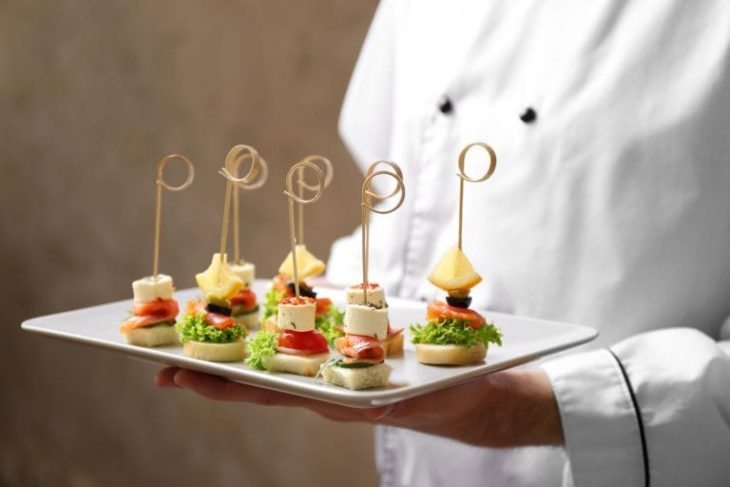If you are interested in a culinary career, at some point, you will need to decide whether or not to go to culinary school. A lot of old-school chefs will tell you that real restaurant experience is more valuable than anything you will be able to learn in a classroom. Keep in mind that it is important to have real-life experiences in a restaurant, but with many of today’s modern chefs having culinary degrees, the importance of a degree begins to be noticeable.
Once you decide that a culinary school is a perfect choice for you and your career, the question will now be which culinary school should you choose. Here are some things to look for when choosing a culinary school:

source: thepastrydepartment.com
ACF Accreditation – The American Culinary Federation (ACF), is the top professional chefs’ organization in North America. This organization is responsible for overseeing culinary schools. Schools wanting the ACF accreditation must undergo a difficult evaluation of their curriculum, facilities, student-teacher ratios, certification of instructors and more. This accreditation is an approval from the culinary industry and it is highly valued. So, if the school you are searching for has an ACF certification, you can be sure that the program will provide you with a uniform standard of instructions and give you a top-quality culinary education.
1. The cost – it is not uncommon for some culinary schools to have a fee of $40.000 or even more, which means that you will probably have a large number of student loans. Fortunately for you, many local community colleges offer ACF accredited programs at prices that are actually quite affordable. For example, the culinary program at any community college in California will cost state residents around $1.300. When you consider that ACF accreditation will provide you with an excellent culinary education, it is only a bonus when you find out that it doesn’t have to be expensive.
2. The age of schools – the popularity of cooking shows, created an increased interest in culinary education. To meet this demand, some private culinary schools started opening up. But, new schools are not necessarily better. One more thing to keep in mind is that the longer a school existed, the better its network of alumni will be. If a school has been around for 40 years or more, the chances are that hundreds of its graduates are working as chefs around the area and beyond.
3. Modern facilities – the positive side of modern day schools is the state of its facilities. Community colleges might have been around longer, but their budgets are probably quite small, making it more difficult for them to purchase new equipment or have modern classrooms or kitchens. On the other hand, the newer schools have higher tuitions, making it easy for them to have newly constructed, state-of-the-art facilities. Then again, not every restaurant out there is going to have state-of-the-art facilities, so taking classes in a modern classroom or kitchen may not properly prepare students for the reality of the culinary industry.

source: food52.com
4. Hands-on instructions – a good culinary program should have a student-operated restaurant that will give them a chance to get a sense of real-world restaurant experiences. There is a question that is often asked, and it is how realistic is the experience actually? If students are serving 30-40 guests a day, it is not enough for them to experience the pressures and demands of a real restaurant. For example, culinary arts students at the Los Angeles Trade-Tech college, serve more than 800 guests daily in three separate dining facilities, making it easier for them to experience the busy days of a restaurant.
5. A wide range of career opportunities – culinary arts training gives you the skills needed to safely prepare food and present it in time. In the culinary arts fields, there is a wide range of opportunities. The career paths range from members of the preparation staff to a head chef. With further education, you can specialize in a specific area of the culinary world, such as pastries or cakes. With culinary education, you could become a restaurant, prep-line, and a short order cook; an assistant, personal, or a pastry chef; a baker, catering and a dessert specialist.

source: sliceutah.osmondmarketingdemo.com
Conclusion
Attending a culinary school is probably a great option for you if you enjoy cooking in active environments. You can gain knowledge of different and exotic flavors from all around the world.
